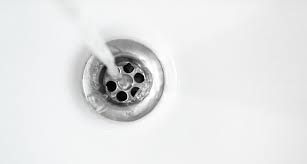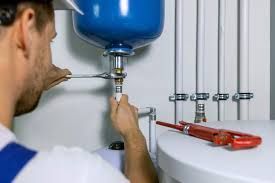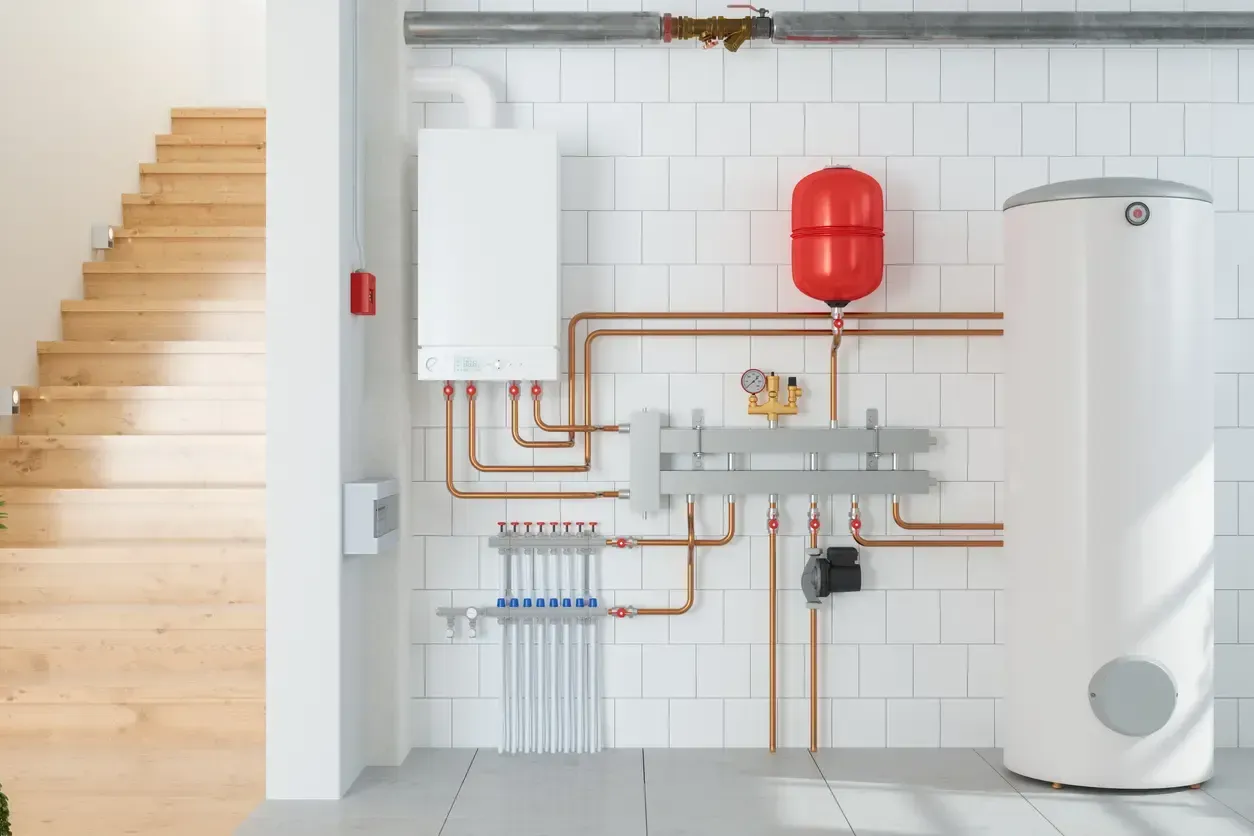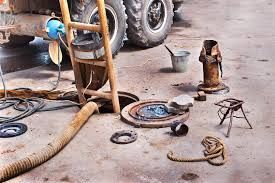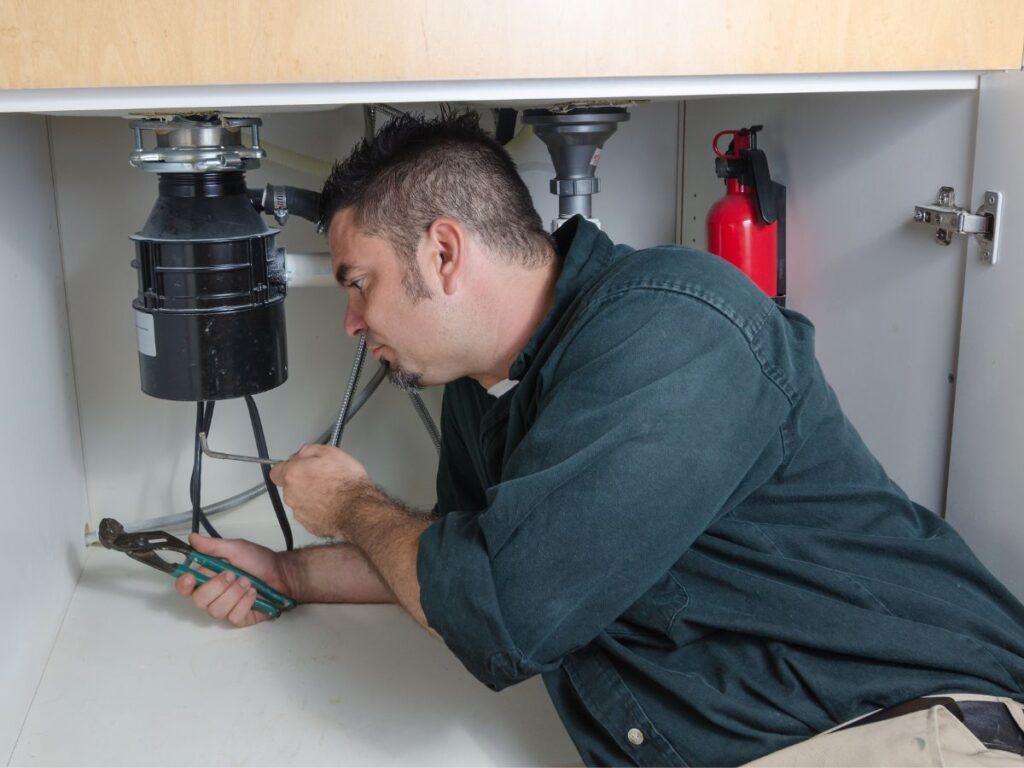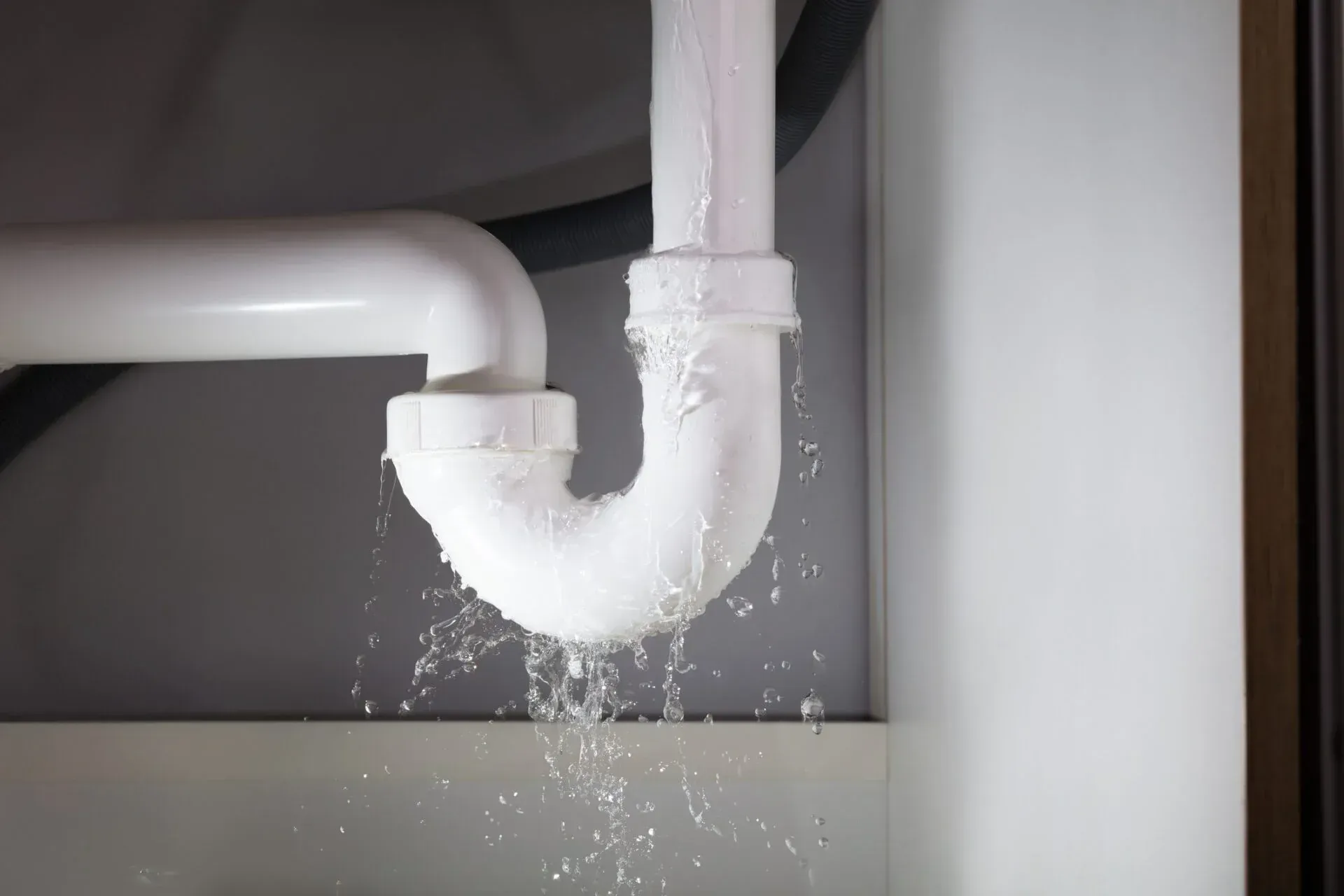The Pros and Cons of Chemical Drain Cleaners
Few things disrupt your daily flow like a clogged drain. Whether it’s the kitchen sink filling up with greasy water or a bathroom drain refusing to clear, the temptation to grab a bottle of chemical drain cleaner and pour your problems away is very real. After all, it’s quick, cheap, and readily available.
But before you twist the cap and pour, it's worth pausing for a deeper look.
Chemical drain cleaners promise convenience—but that convenience can come at a cost. In this guide, we’ll walk through the ups and downs of using chemical drain cleaners, explore safer and more effective alternatives, and provide you with actionable advice so you can make the best choice for your home, your pipes, and your peace of mind.
Let’s get to the bottom of what those bottles are really doing behind the scenes.
What Should You Do If Your Toilet Overflows?
How Chemical Drain Cleaners Work
At their core, chemical drain cleaners are formulated to dissolve clogs—fast. Most over-the-counter drain cleaners fall into three categories: caustic, oxidizing, or acidic. Each type works slightly differently, but the goal is the same: to break down organic material like hair, grease, and food waste that’s causing a blockage.
Caustic cleaners (often lye-based) generate heat and convert grease into a soap-like substance. Oxidizing cleaners (with ingredients like bleach or nitrates) release heat and gas that helps break down the clog. Acidic cleaners, which are more powerful and less common for consumer use, work aggressively to dissolve tough blockages, including hair and paper.
The process may sound technical, but from a user perspective, it's typically as easy as opening a bottle, pouring it into the drain, waiting a few minutes, and flushing with water.
That’s the magic—and the danger—of chemical cleaners. They're quick, but they pack a serious punch.
The Upside: Why People Rely on Chemical Drain Cleaners
There’s no denying the appeal. Chemical drain cleaners are often a fast, easy, and affordable solution. When faced with a sudden clog and no time to call a plumber, these products seem like a godsend.
They’re available at nearly every grocery store or hardware aisle. You don’t need tools, experience, or professional help. In many cases, chemical cleaners do clear minor clogs and restore drainage in minutes, especially when the issue is surface-level and hasn’t built up over time.
For renters or people in temporary living situations, chemical cleaners offer a low-commitment solution that doesn’t require modifying plumbing or investing in specialized tools. And when used sparingly and carefully, they can offer temporary relief without immediate visible harm.
But like most quick fixes, the effectiveness comes with strings attached.
The Hidden Dangers: Risks of Using Chemical Drain Cleaners
What chemical drain cleaners don't tell you on the label is how harsh they can be on your plumbing system—and even more so on your health.
The heat generated by chemical reactions can warp PVC pipes or cause older metal pipes to corrode faster. If a clog is deep or stubborn, and the chemical sits in the pipe too long without flowing through, it can cause pipe joints to weaken or even crack. Over time, repeated use wears down your plumbing infrastructure in ways you may not notice until a major issue arises.
Health risks are another major concern. These cleaners are packed with toxic substances that can irritate skin, burn eyes, and produce harmful fumes. If you accidentally mix chemical cleaners (for example, a drain cleaner with bleach), you risk releasing dangerous gases that can cause respiratory distress or worse.
And let’s not forget the environmental impact. The leftover chemicals that flow out of your drain don’t just vanish—they eventually reach local water systems, where they can harm aquatic life and pollute water supplies.
In short, chemical cleaners may fix your clog—but they often leave behind new problems.
When to Use Chemical Drain Cleaners (and When to Avoid Them)
So, is there ever a “right” time to use a chemical cleaner? The answer is yes—but sparingly, and under specific conditions.
If you're dealing with a minor clog in a rarely used drain, like a utility sink or basement shower, a single, carefully applied dose may help restore flow without significant risk. Likewise, if you're in a pinch and professional help isn’t available, a chemical cleaner might serve as a temporary fix.
But if the clog is in a frequently used sink or pipe, or if you’ve had recurring blockages, you’re much better off skipping the chemical route. Using chemicals repeatedly in the same spot is a red flag—your pipes might have buildup that needs mechanical removal or professional attention.
Avoid using chemical cleaners entirely if you have older pipes, if your home uses a septic tank, or if the drain is completely blocked (i.e., standing water won’t drain at all). In these cases, pouring chemicals into the system can worsen the problem or make future repairs more expensive and dangerous.
Safer, More Effective Alternatives
Luckily, there are plenty of safer ways to clear and prevent clogs without putting your plumbing or health at risk.
One of the most effective methods is the manual approach. Use a drain snake or auger to physically remove the blockage. These tools may require a bit of effort and mess, but they’re reusable, affordable, and far less damaging.
For smaller clogs or preventive maintenance, the baking soda and vinegar method is a time-tested classic. Pour half a cup of baking soda followed by half a cup of vinegar into the drain, let it sit for 30 minutes, then flush with boiling water. It won’t solve a major blockage, but it helps keep your pipes fresh and clean.
Hot water alone, especially after meals or showers, can also prevent grease or soap buildup from settling. And for a long-term strategy, consider installing hair traps or drain strainers to catch debris before it enters your pipes.
If your drains clog regularly despite your best efforts, it’s time to call in a plumber. A professional can use high-pressure water jetting or camera inspections to identify and remove deeper issues—no chemicals required.
Expert Advice: What Professionals Recommend
Most plumbing professionals discourage the use of chemical drain cleaners except as a very last resort. Not because they don’t work—but because they trade short-term ease for long-term damage.
Instead, pros recommend investing in regular maintenance, such as annual drain cleanings and inspections, especially in older homes or those with complex pipe systems. Catching issues early can save you from expensive repairs and emergency calls later on.
Plumbers also suggest educating your household. Many clogs are caused by habits—like washing grease down the kitchen sink or flushing wipes labeled “flushable” (spoiler alert: they’re not). Changing small daily routines can drastically reduce your need for any kind of clog remedy.
Preventive Measures to Avoid the Need for Harsh Cleaners
Prevention is always better than repair. The good news is that with a few simple changes, you can dramatically reduce your reliance on drain cleaners—chemical or otherwise.
Start by being mindful of what goes down your drains. In the kitchen, scrape food scraps into the trash or compost instead of the disposal. Never pour oil or grease down the sink, no matter how hot the water is. In the bathroom, use drain guards to catch hair and don’t rinse off chunks of soap or product into the drain.
Make hot water flushes part of your weekly routine. They’re free, safe, and help dissolve light buildup before it becomes a problem. If you're particularly prone to clogs, consider scheduling a yearly professional cleaning, especially if you have tree roots near your sewer line or aging pipes.
And lastly, keep an open line of communication with your plumber. Don’t wait for a complete blockage to ask for help. If you notice slow drainage, gurgling sounds, or foul odors—these are signs something’s brewing below the surface.
Final Thoughts: Choose Wisely, Maintain Smartly
Chemical drain cleaners are undeniably convenient. But convenience can be a double-edged sword when it comes to plumbing.
In small doses and under the right circumstances, they might help you in a bind. But relying on them repeatedly or using them carelessly can lead to far worse problems than a simple clog. Corroded pipes, environmental harm, and health hazards aren’t worth the few minutes saved.
Instead, treat your plumbing system like the essential infrastructure it is. Use smarter maintenance habits, opt for safe alternatives, and know when to bring in the pros.
